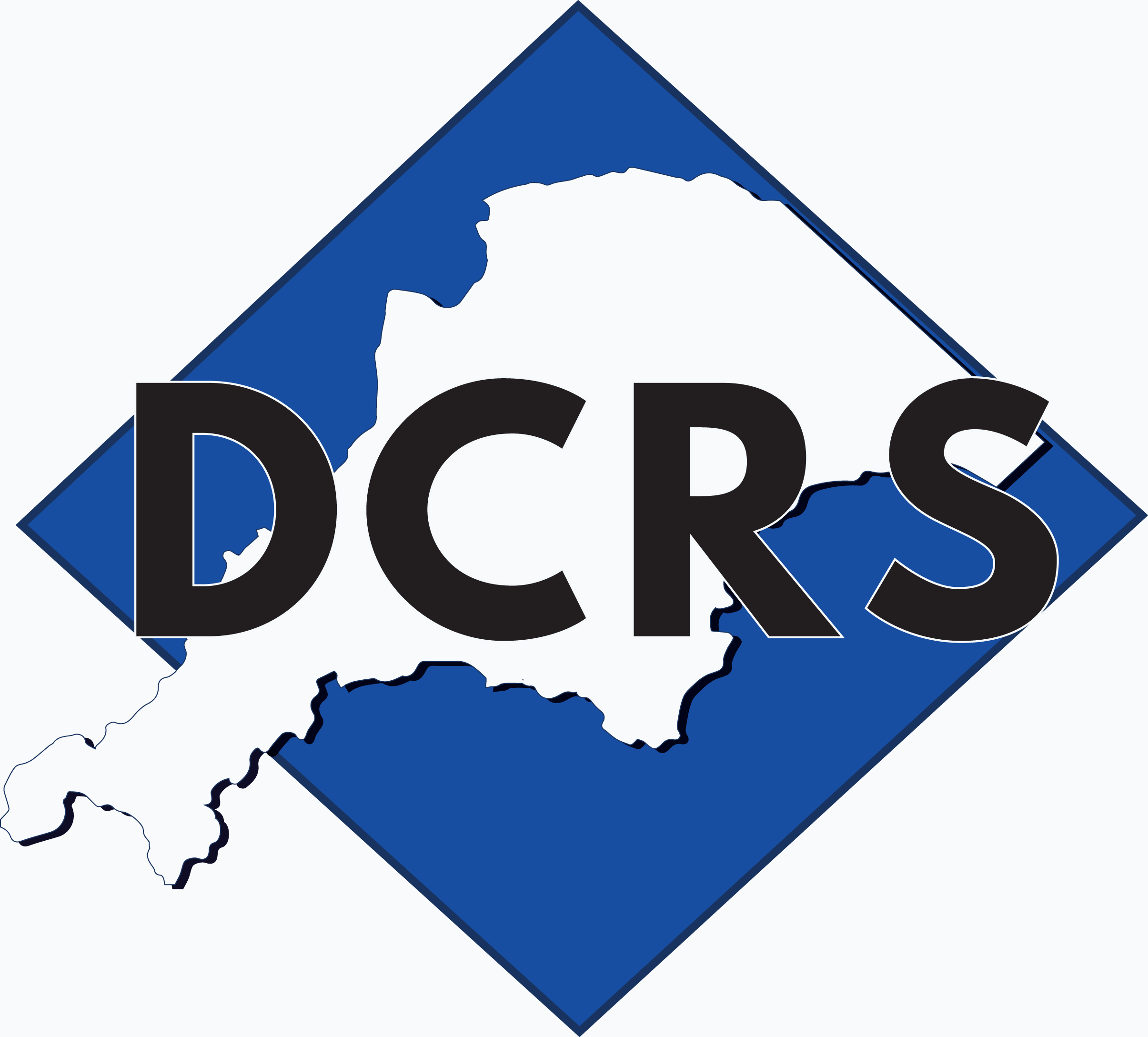
£3,320
Raised in 2024
1952
All Donations
6
All fundraisers
Since 1999, we have supported thousands of asylum seekers and refugees in the South West with:
- Accessing legal representation, financial support and appropriate housing
- Social support and welcoming to Devon & Cornwall, DCRS has a dedicated team of co-ordinators and caseworkers, over 33 volunteers, and a Board of Trustees, who ensure that asylum seekers can seek sanctuary in Plymouth whilst the UK government decides on their claim.
We also provide the following regular services:
- Advocacy and Advice Our case workers and volunteers provide specialist, impartial advice to asylum seekers in Devon and Cornwall. We work closely with health services, solicitors, local charities and partner organisations to provide a comprehensive package of support for our service users.
- We ensure that service users get decent legal representation during their asylum claim.
- We explain their rights and responsibilities, particularly regarding housing, support and healthcare, advocating where necessary.
- We help asylum seekers who are without housing or any financial support.
- Once refugee status is gained, we signpost to other organisations for further support
- Welcome to Devon and Cornwall We host a range of activities to help asylum seekers settle into Plymouth and improve physical and mental health while their claim is processed. These include:
- English classes run by a team of volunteers at our centre 3 days a week
- Nature walks and cycling
- Music sessions, and other social activities
- IT suite (with the help of Plymouth University) providing an essential way of contacting family, friends and legal representatives
Our current projects include fundraising for A.R.E. Home & Fresh Claims Project. For more information please visit our website at www.dcrs-plymouth.org
What your gift could provide
£10
Provide materials/transport for an activity for one day
£20
Will provide one nights accommodation for a destitute refugee
£30
Provide direct immigration caseworker costs to help one client for an hour
Our details
01752 265952
